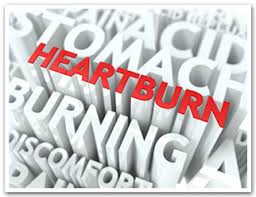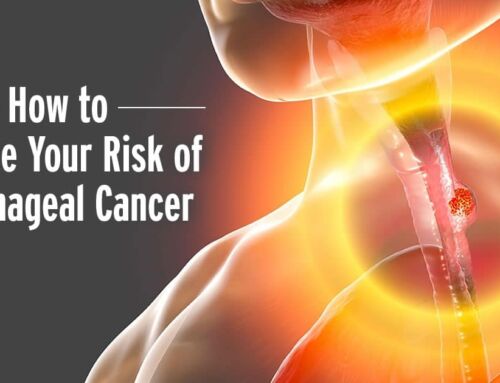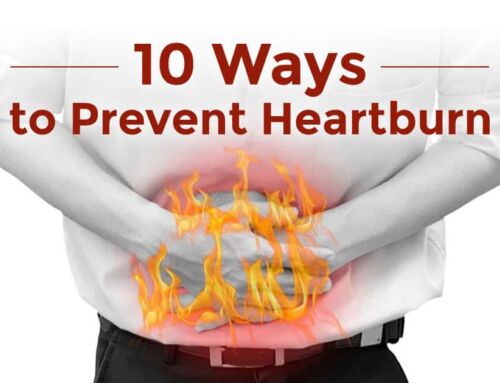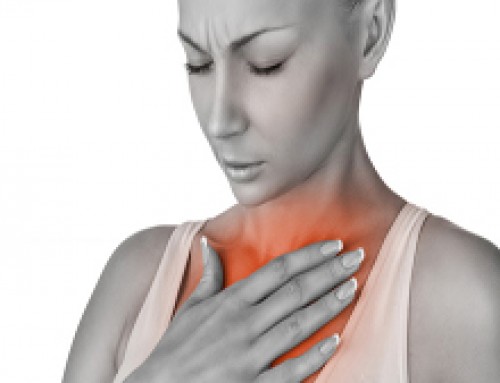This is a question I get asked a lot by my San Antonio, TX patients. Gastroesophageal Reflux Disease (GERD) is a chronic condition that most people experience at some point in their life. One of the problems with reflux is that it can manifest in many different ways. I get reflux on occasion. For me it is usually during exercise, after a big meal or with alcohol. I also get it during most Husker football games. The triggers are different for different people.
Symptoms of reflux vary. As noted by the National Institute of Digestive Diseases it’s most common symptoms are:
- burning in the chest or throat
- chest pain
- swallowing problems
- dry or chronic cough
- sour taste in your mouth
- feeling of a lump in the back of your throat

There are many reasons why we get reflux. Obesity, diet and lifestyle play a big role. Common triggers are alcohol, caffeine, tobacco, chocolate and peppermint. Some people have a hiatal hernia (loose group of muscles at the bottom of the esophagus) and some people just get occasional relaxations of this sphincter or group of muscles. The end result is the same- acid and gastric juice go up into your esophagus and throat and causes symptoms.
GERD is a very common disease and we see patients in our office for this every day. Fortunately, it is also very treatable. Through a combination of diet and lifestyle changes, and if needed medications, it can usually be controlled very well. In cases of big a hiatal hernia and refractory symptoms laparoscopic surgery is also an option.
If you think you may have GERD, please contact my office for an appointment online or call us at 210-615-8308 or see your gastroenterologist for evaluation. In this day and age there is no reason to suffer from these symptoms or risk development of esophageal cancer.
Written by: Russell Dean Havranek, MD





Thank you Dr. Havranek for your blog on G.E.R.D. I often times experience the burning sensation after eating foods with garlic in it, like spaghetti or Chicken Alfredo, and sometimes drinking my Pink Moscato :-(. Sometimes I remember to take Tums before these meals, which seems to help, or I take it after. This just started in the last 2 years. Could this have to do with the chemical composition changes in your body every 7 years? Or is it just age?? ;-} Thank you for your response.
Great question Janice. A few things are going on here. Certain foods are known for making reflux worse (chocolate, peppermint, alcohol, caffeine, tobacco) as they relax the muscle at the bottom of the esophagus that serves as our reflux barrier. Other foods are irritants, contain acids or make distention and bloating that can lead to reflux (garlic). Meals that are too large, eaten late, or big meals eaten while drinking alcohol can all increase reflux as well. I’m not saying not to do these things, but I would pre-medicate with something like Tums, Zantec or Pepcid as this will likely help. As we age we are also more prone to relaxation of the lower esophageal sphincter and incidence of reflux goes up as well, that one I can tell you from personal experience. I recommend diet changes in moderation, weight loss if that’s an issue and use of acid suppression medications as needed for your symptoms. Hope that helps, thanks for writing in.*
*All opinions expressed by Dr. Havranek in this blog are to be used as a point of reference and not replace or substitute those of your physician.